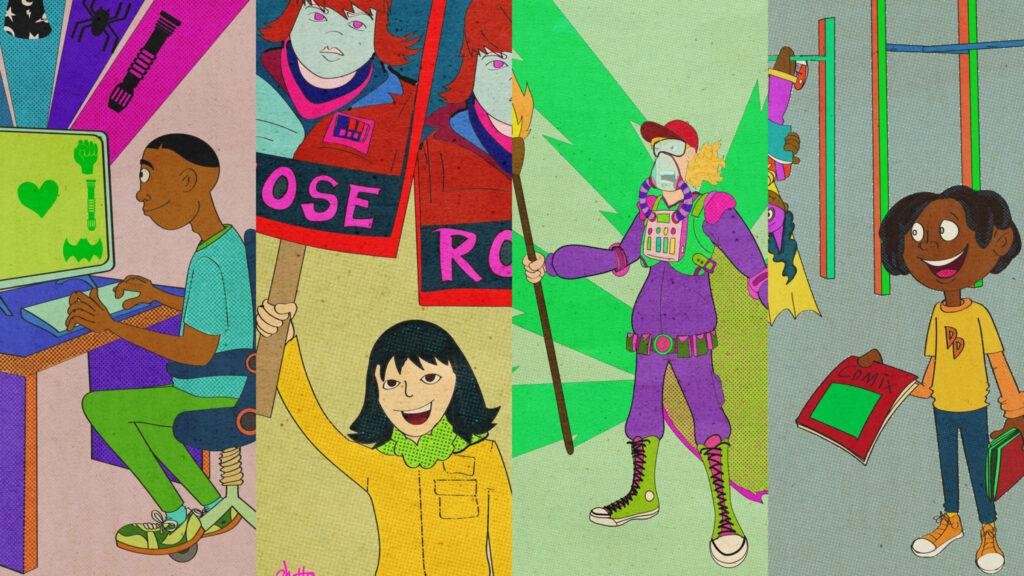Fan Culture has become a Significant Part of Pop Culture
The significance of fan culture: Fan culture has become a significant part of pop culture, with fans forming communities around movies, TV shows, and celebrities.
This topic could explore the impact of fan culture on popular culture. As well as the ways in which fan culture has changed with the rise of social media.
Fan culture has become an integral part of popular culture in recent years. Fans form communities around movies, TV shows, and celebrities. Often dedicating significant amounts of time and energy to consuming and engaging with their favorite media.
Fan culture actively and significantly impacts popular culture, and its importance cannot be overstated. As it has influenced the creation and reception of media. The development of marketing strategies, also even the evolution of social media.

Fan culture actively shapes the way media is created and received, thereby generating a significant impact on popular culture.
Fans can have a significant influence on the direction of a TV show or movie by expressing their opinions online. Demanding changes or even creating their own content in response.
In some cases, fan communities have been able to save a show from cancellation. NBC revived Brooklyn Nine-Nine after fans launched a massive social media campaign.
Furthermore, fan culture can drive the success of a media property, as devoted fans generate buzz and attract new viewers. This has led to the rise of franchises like Marvel Cinematic Universe, Harry Potter, and Star Wars. Which rely on a dedicated fan base to sustain their success.
The massive success of these franchises has also led to the proliferation of spin-offs, merchandise, and other related media, thus creating entire universes built around a single property.
Fan culture has transformed popular culture by revolutionizing the way marketing is conducted.
Instead of relying solely on traditional advertising methods, studios, and networks have turned to social media to engage directly with fans.
This has led to the rise of social media influencers and brand ambassadors. Those who are often fans themselves also can help to promote a product through their own social media channels.
Moreover, fan culture actively impacts the way media is consumed. Instead of simply watching a movie or TV show. Fans now engage with media in a variety of ways, including cosplay, fan fiction, and fan art.
This has created a vibrant and diverse subculture that celebrates and extends the stories and characters that fans love.
It has also given rise to the concept of “canon,” which refers to the official storylines and characters of a property. As well as “headcanon,” which refers to the personal interpretations and theories that fans develop.
The rise of social media has had a profound impact on fan culture. As it has enabled fans to connect and also engage with each other in new and exciting ways.
Social media platforms like Twitter, Instagram, and Tumblr have become hubs for fan communities, where fans create their own content.
Discuss their favorite media, and interact with other fans from around the world.
This has created a global community of fans that transcends geographic and cultural boundaries.
Social media has also made it easier to engage directly with the creators and stars of their favorite media.
Platforms like Twitter and Instagram allow fans to interact with celebrities in ways that were previously impossible. Enabling them to form personal connections and even influence the creative process.
This has given rise to a new kind of celebrity culture. Where fans are just as likely to star as the people they admire.
Conclusion
Fan culture has become a significant part of popular culture in recent years. With fans forming communities around movies, TV shows, and celebrities.
The impact of fan culture on popular culture has been profound. Influencing the creation and reception of media, the development of marketing strategies, also even the evolution of social media.
As social media continues to grow and evolve. It is likely that fan culture will continue to play an important role in shaping popular culture over the years. 온라인카지노사이트

